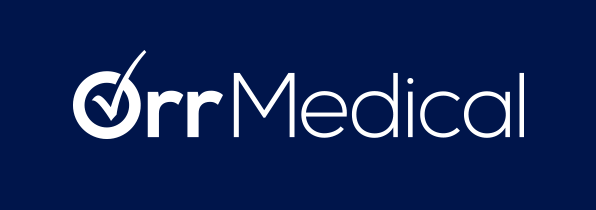Greater Preston CCG Referral Management Pilot
With the NHS experiencing significant pressure and unprecedented levels of demand, there is a clear requirement for CCGs to explore initiatives where the demand flowing into secondary care can be better managed by ensuring that only the most appropriate cases are referred from primary care for face-to-face consultation whilst also identifying interventions and pathways that would offer patient support locally and more appropriately. To this end, Greater Preston CCG initiated a clinical referral triage pilot in November 2016.
From an initial audit of approximately 400 referrals, we discovered that a large number of referrals were being forwarded to the wrong speciality or were marked NOS (Not Otherwise Specified) along with a significant amount that could have been dealt with via GP advice and guidance or by using alternative Tier 2/ Community services. We also identified a number of referrals that did not meet the policy criteria for POLCV (Procedures of Limited Clinical Value).
Following the presentation of our initial findings and approval by the CCG Joint Executive, a pre-pilot was launched in November 2016 to develop more detailed audit data, with a full pilot running from April to October 2017.
During the pilot, Orr Medical reviewed some 24,000 referrals against a set of specialties defined by the CCG, developing and implementing the following actions base upon the detail and quality of each referral:
In addition, a comprehensive data reporting and analysis tool was implemented and developed which allowed us to clearly identify specific areas for CCGs to prioritise where further improvements could be made or where alternative approaches could deliver measurable benefits in terms of patient care, alongside cost and efficiency improvements.
Conclusion
Empirically, the pilot scheme clearly demonstrated the following benefits of clinical referral management:
- Referral quality can be directly improved through targeted GP guidance, advice and support
- Direct to test pathways can reduce demands on secondary care
- Tier 2 community services can be engaged to manage patients more effectively at a reduced cost
- More effective condition specific end-to-end care pathways can be developed
- More can be achieved for identified conditions in primary care prior to referral
- Prior approval procedures could be streamlined and carried out as part of the clinical triage process
Supporting the delivery of best practice in GP surgeries with the attendant reduction in unnecessary demand on secondary care resources and direct CCG costs, Orr Medical is proud to have contributed to this positive impact on the quality of referrals to secondary care and was subsequently awarded the contracts to provide referral management services to both Greater Preston and Chorley & South Ribble CCGs from November 2017.

